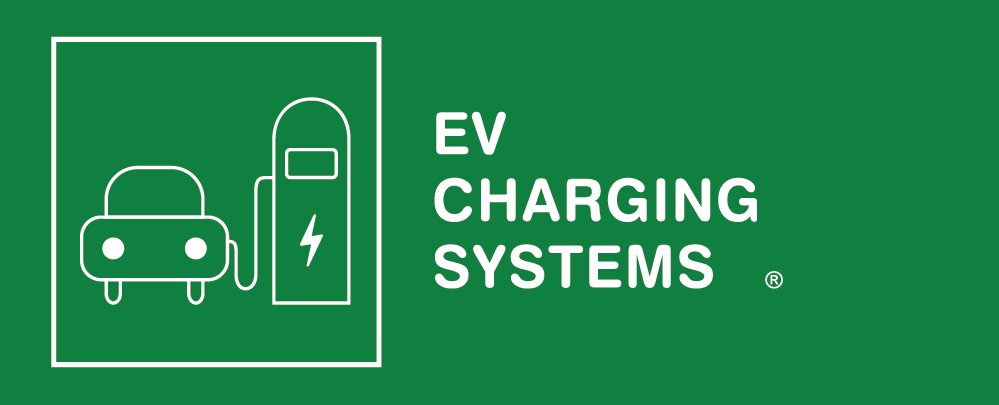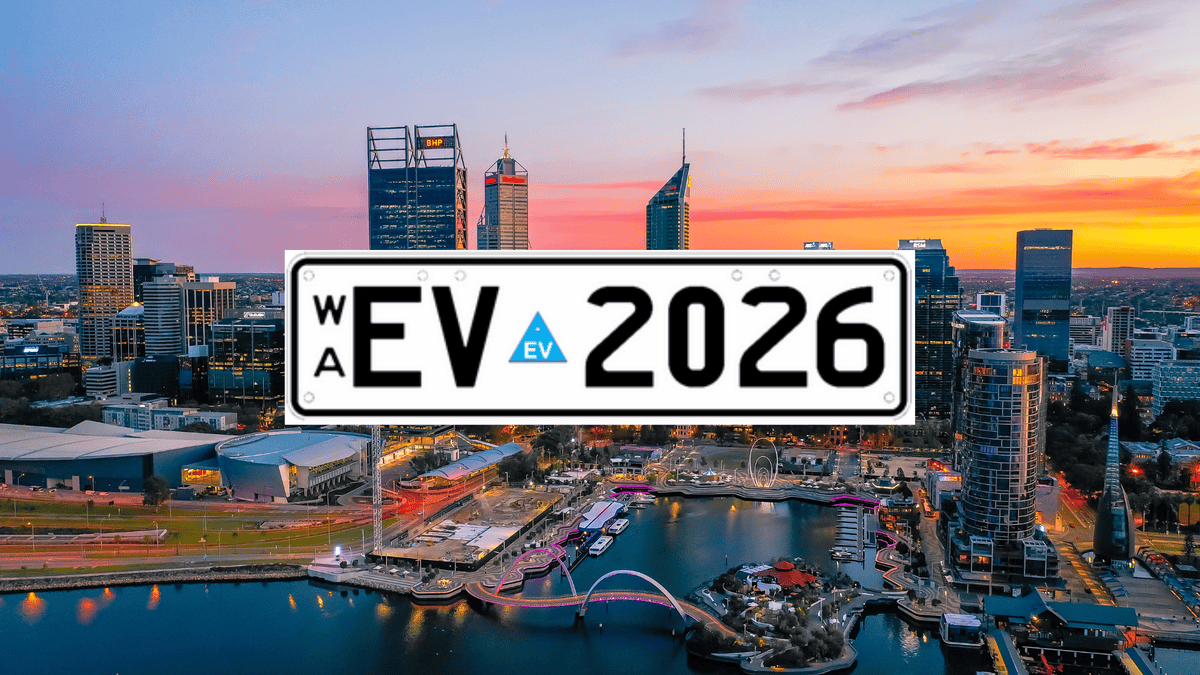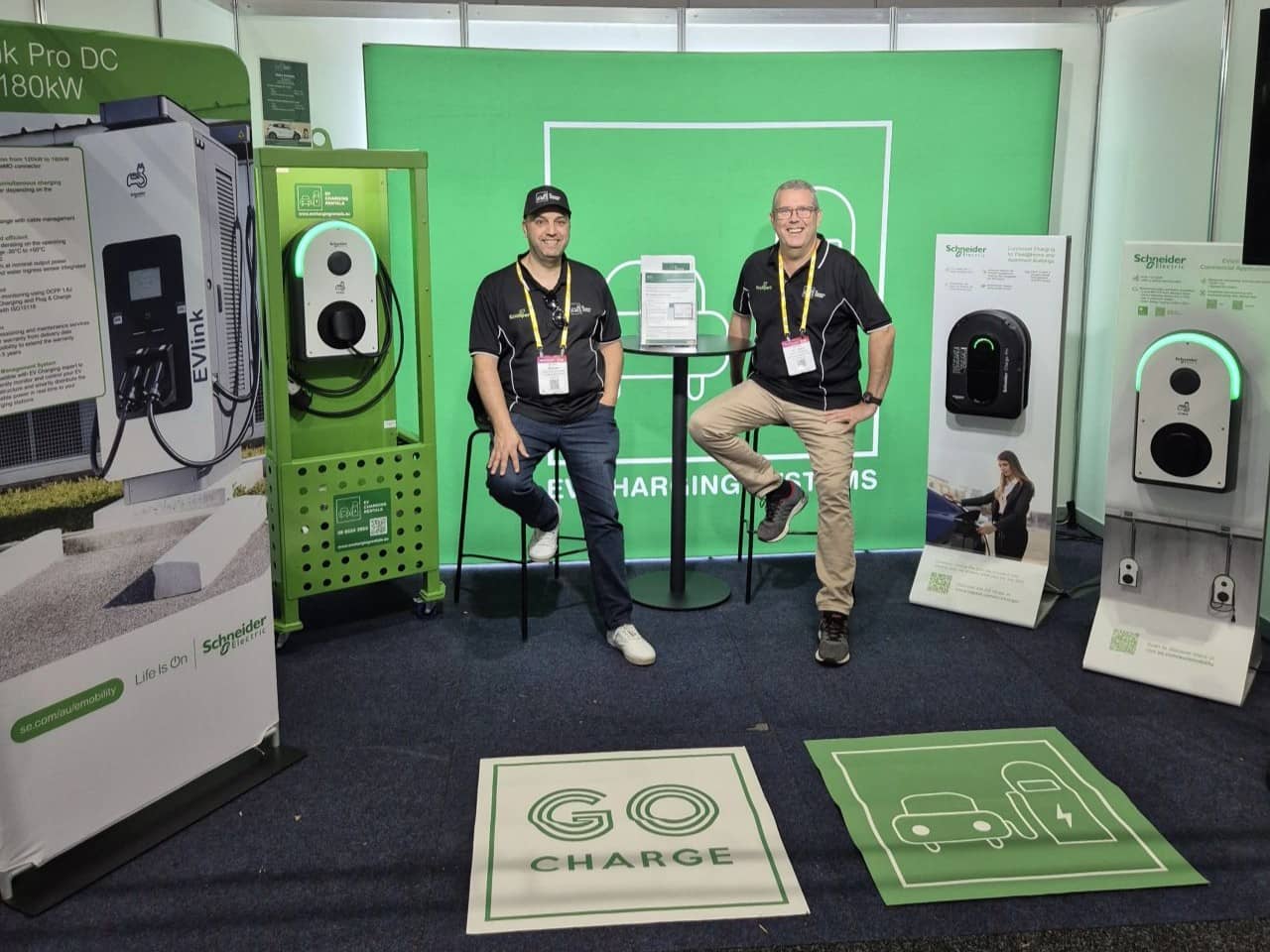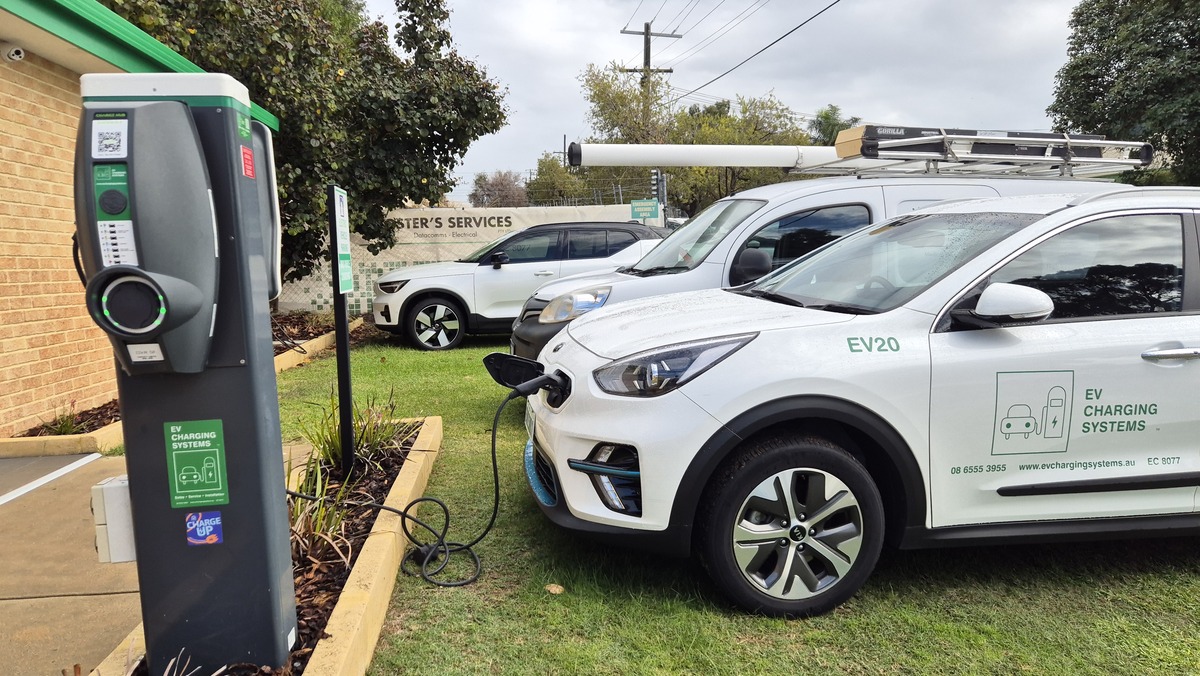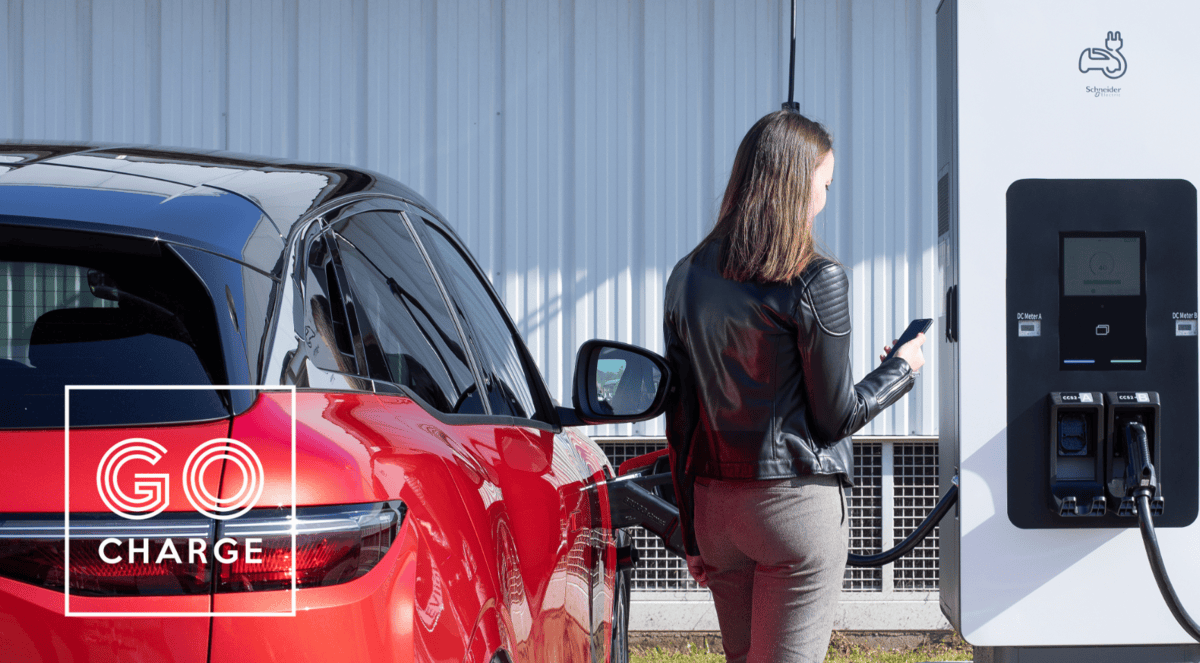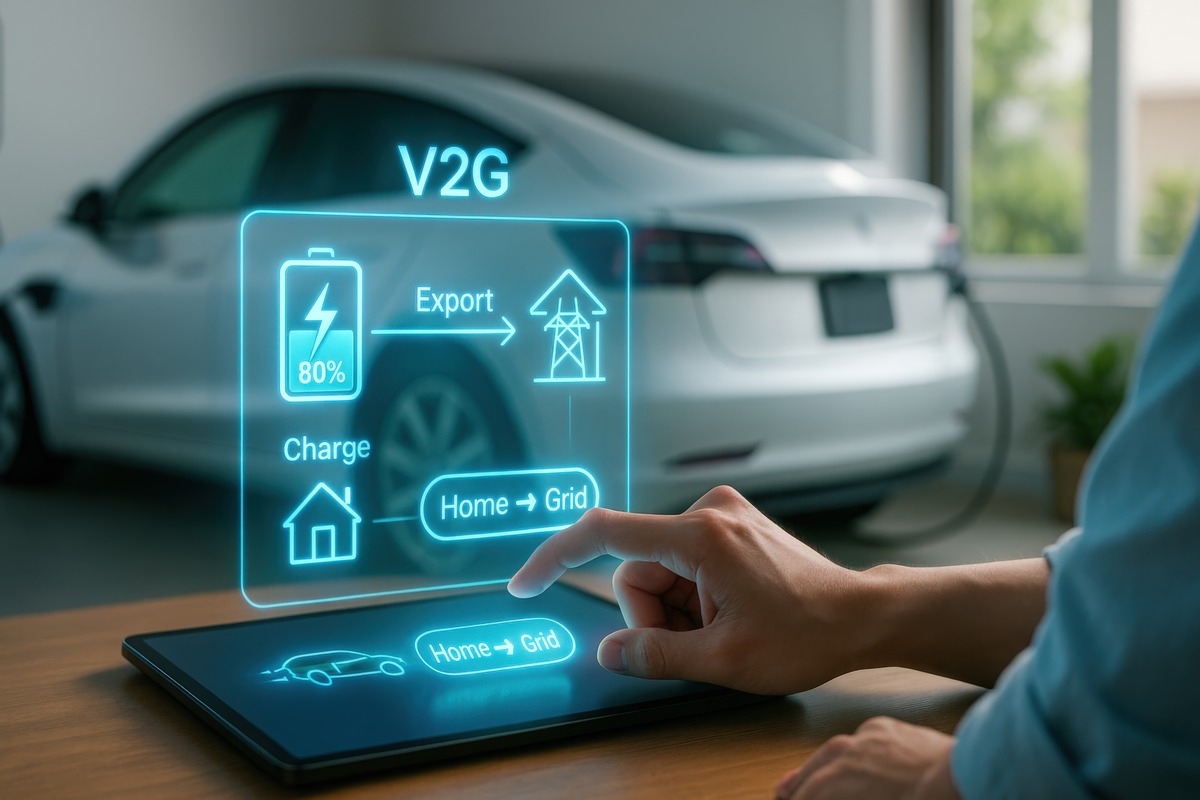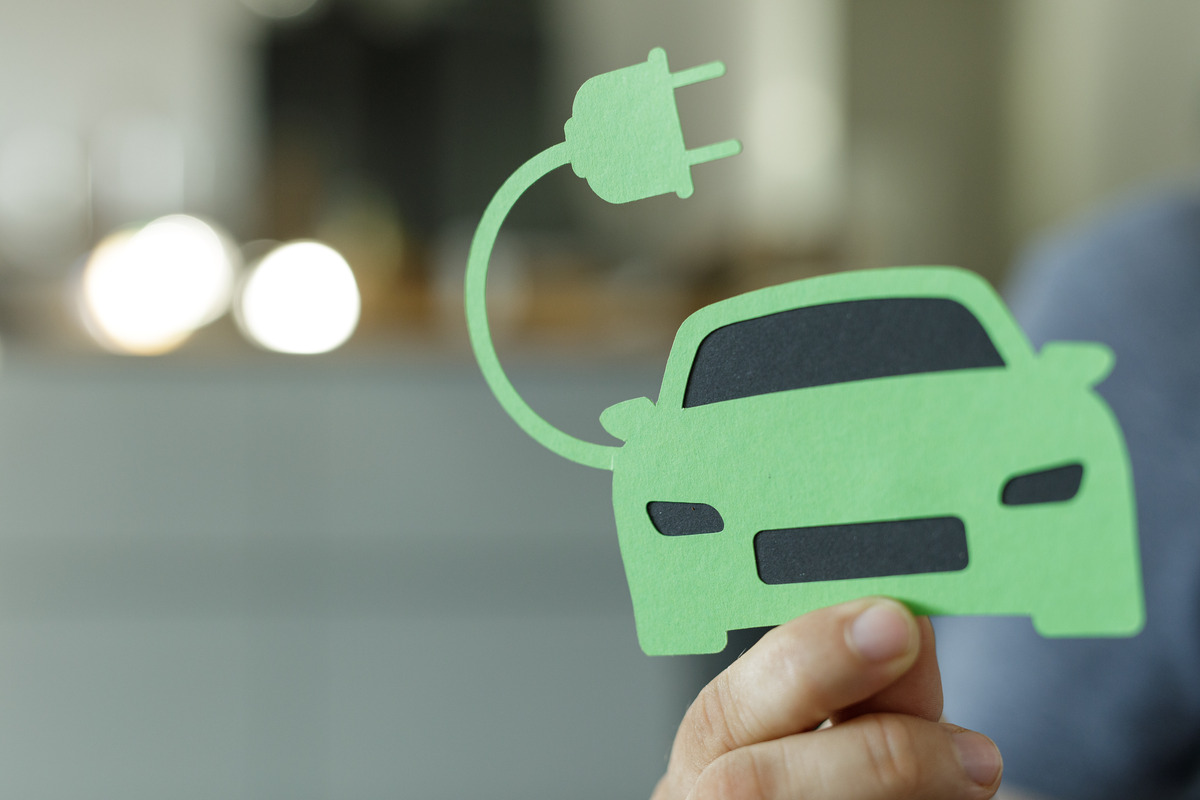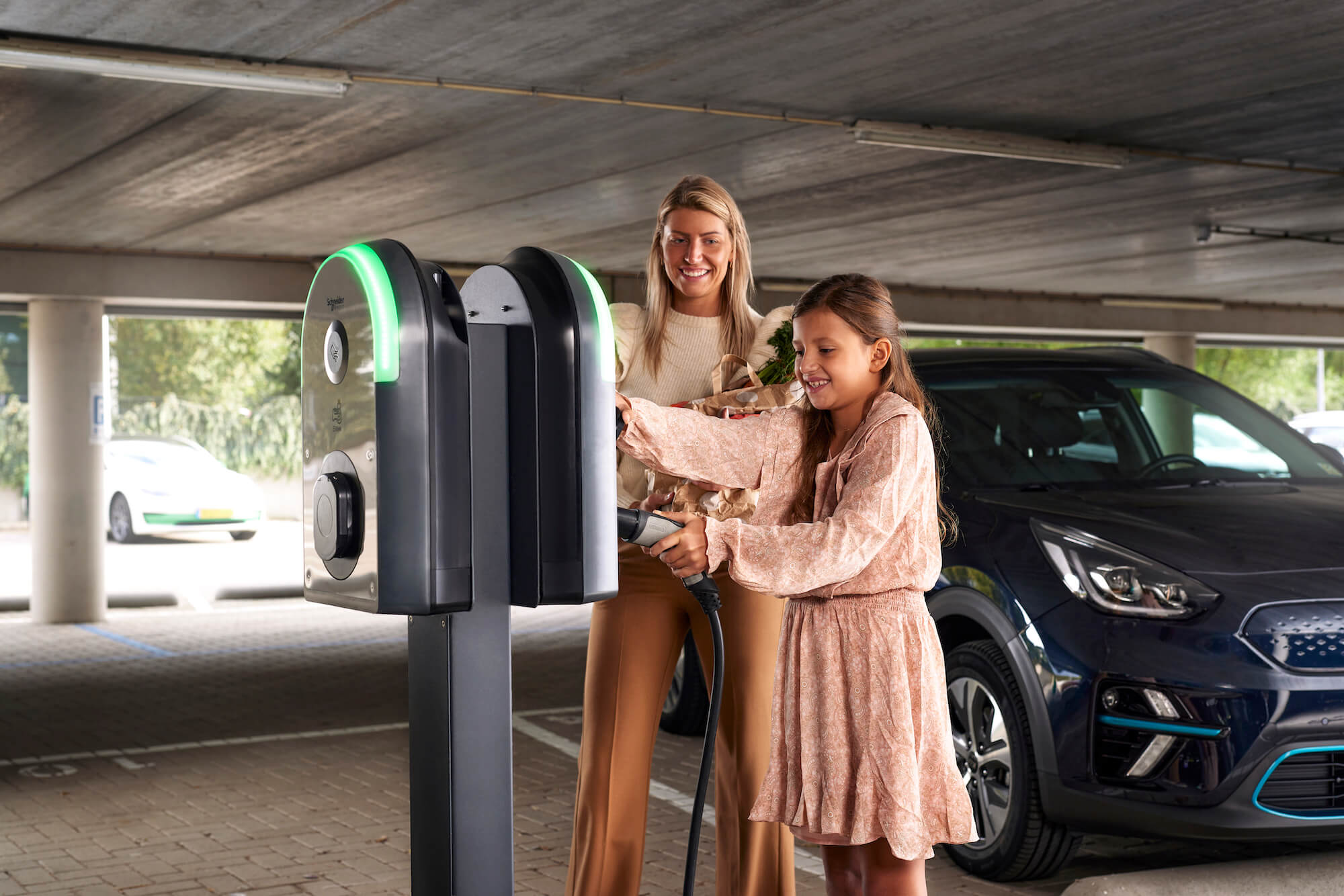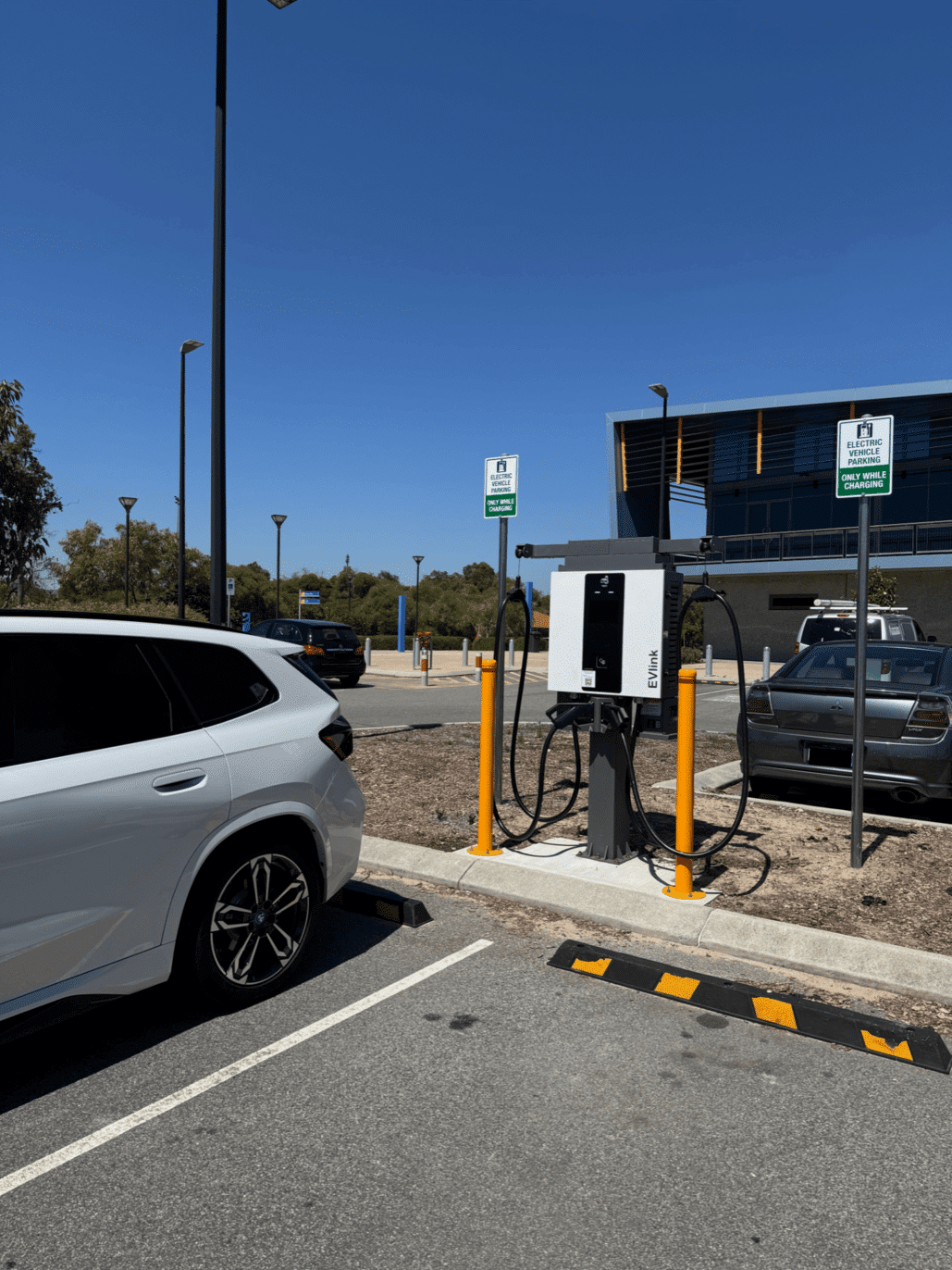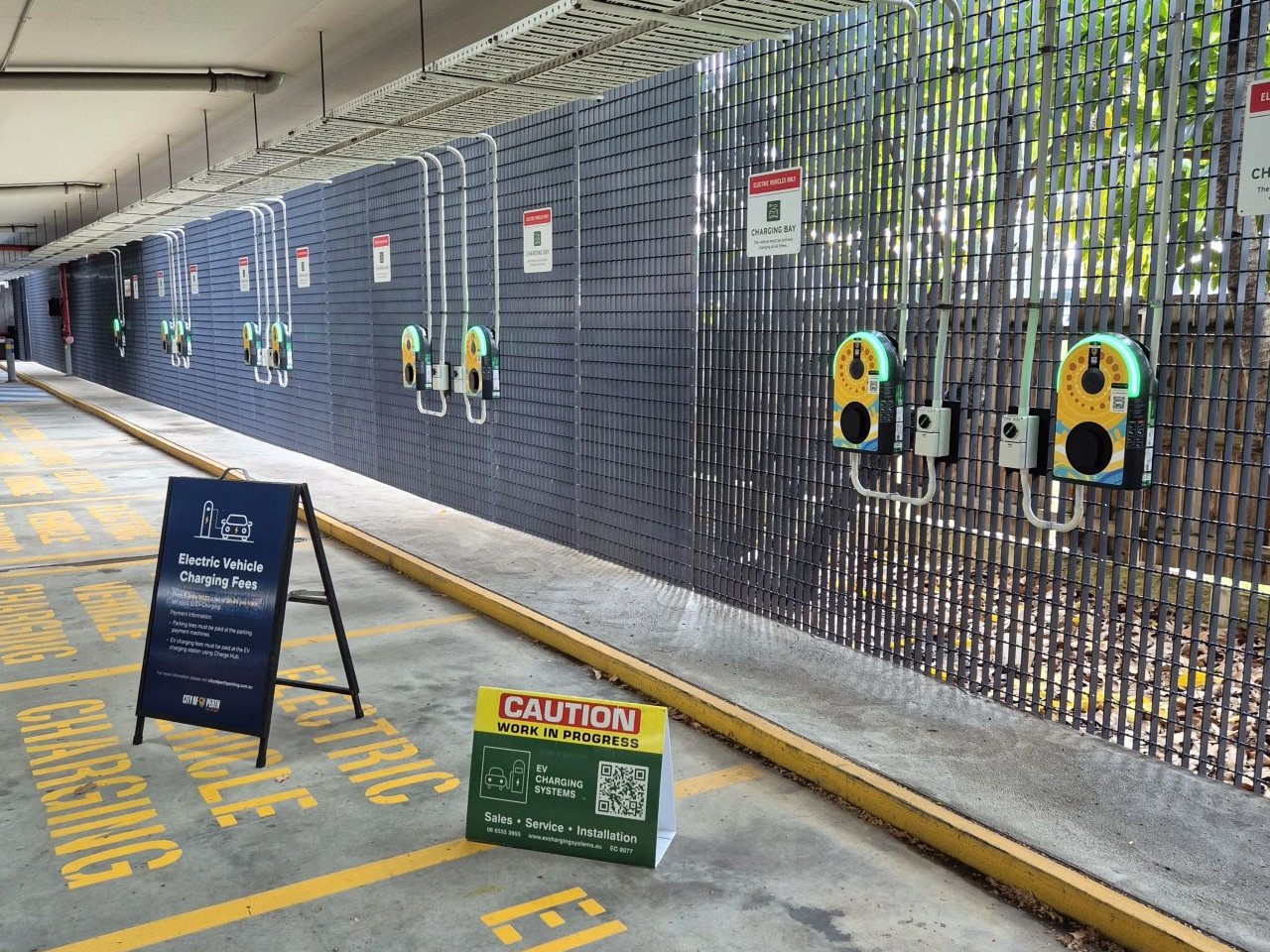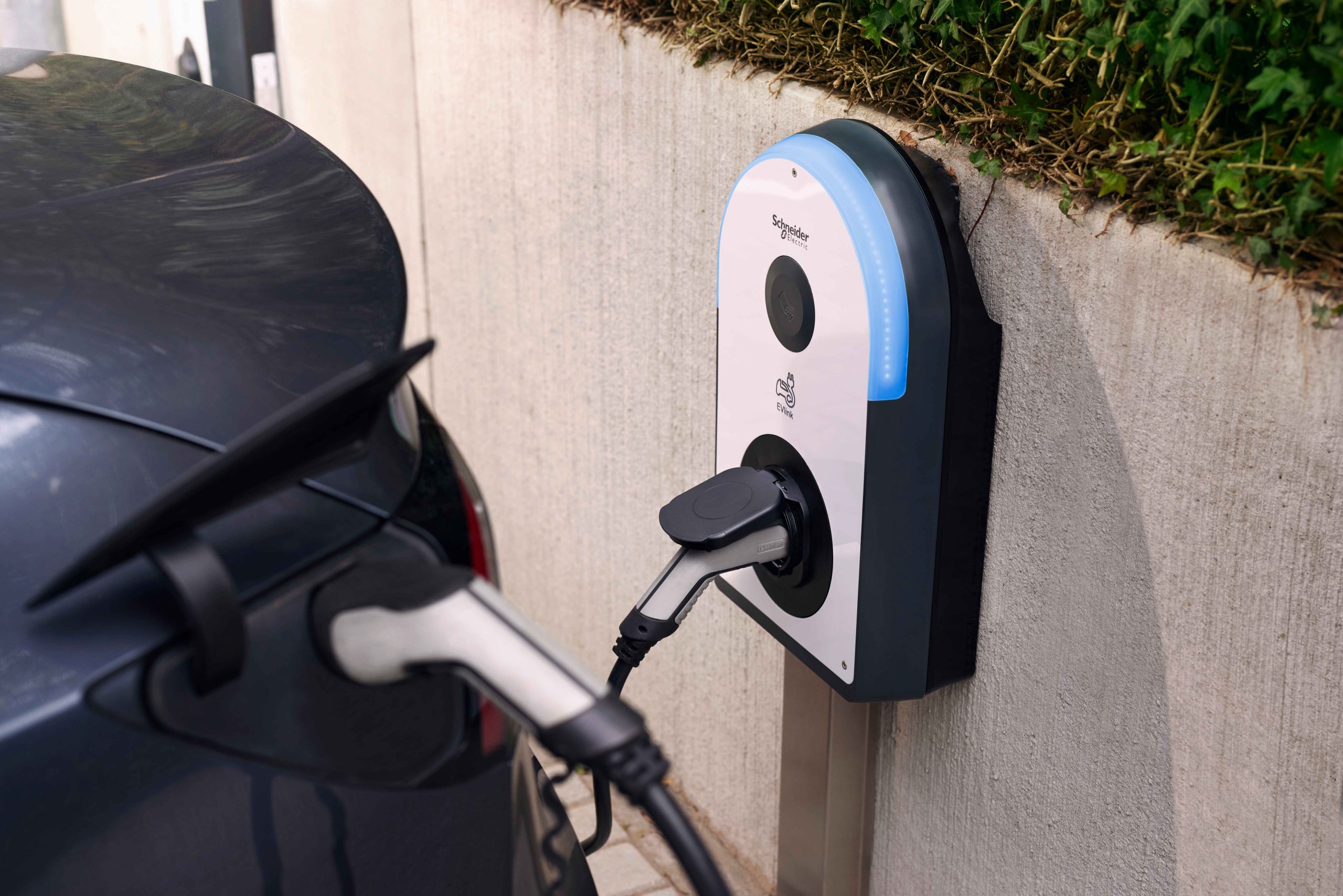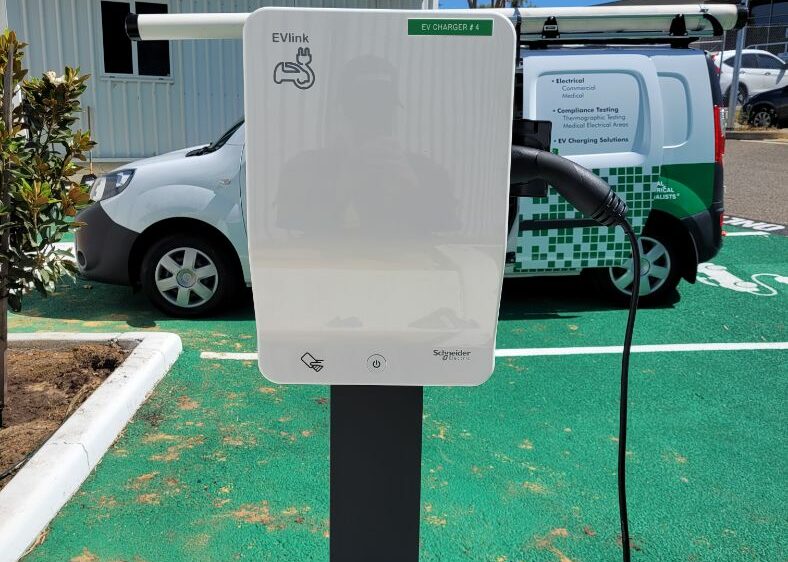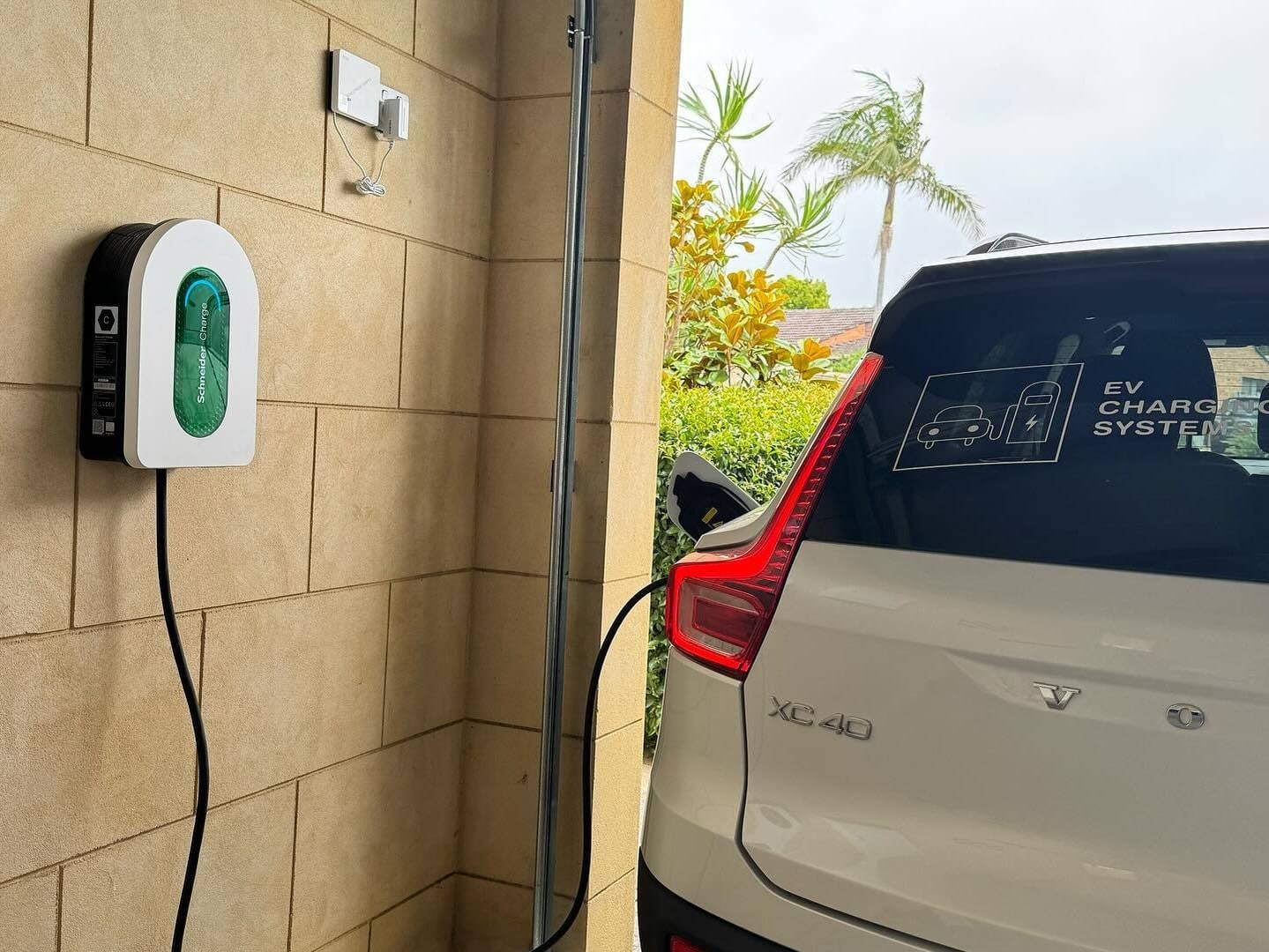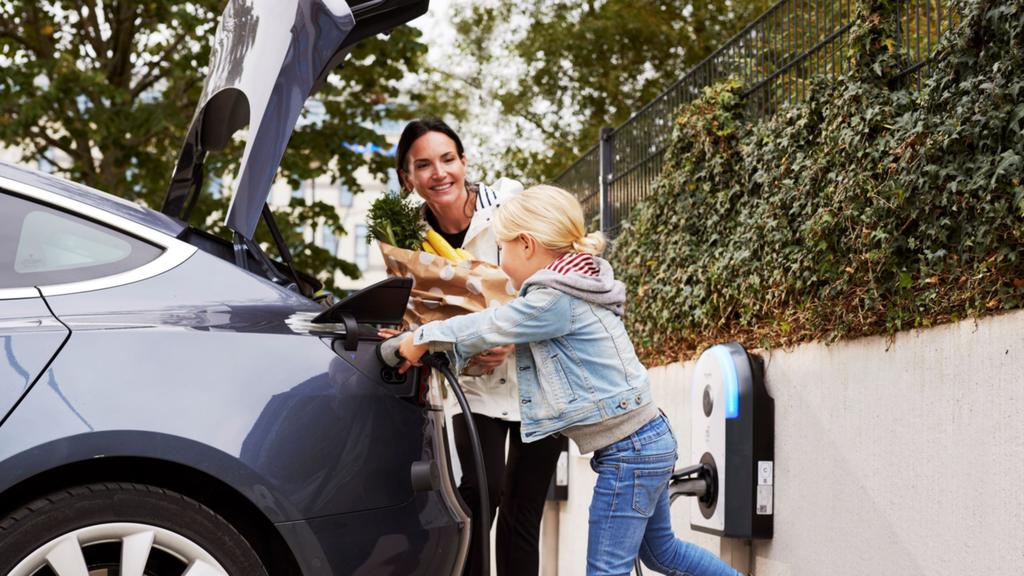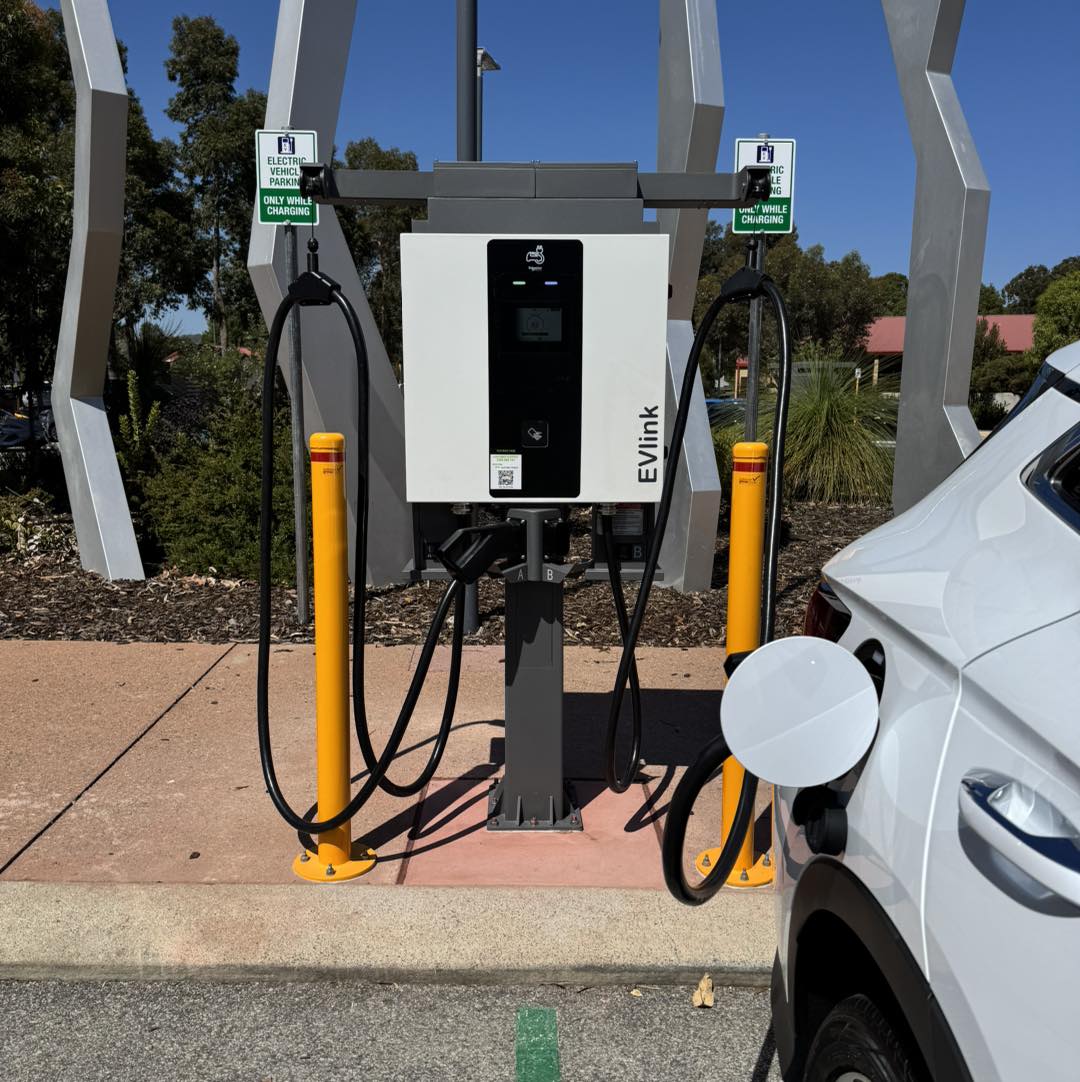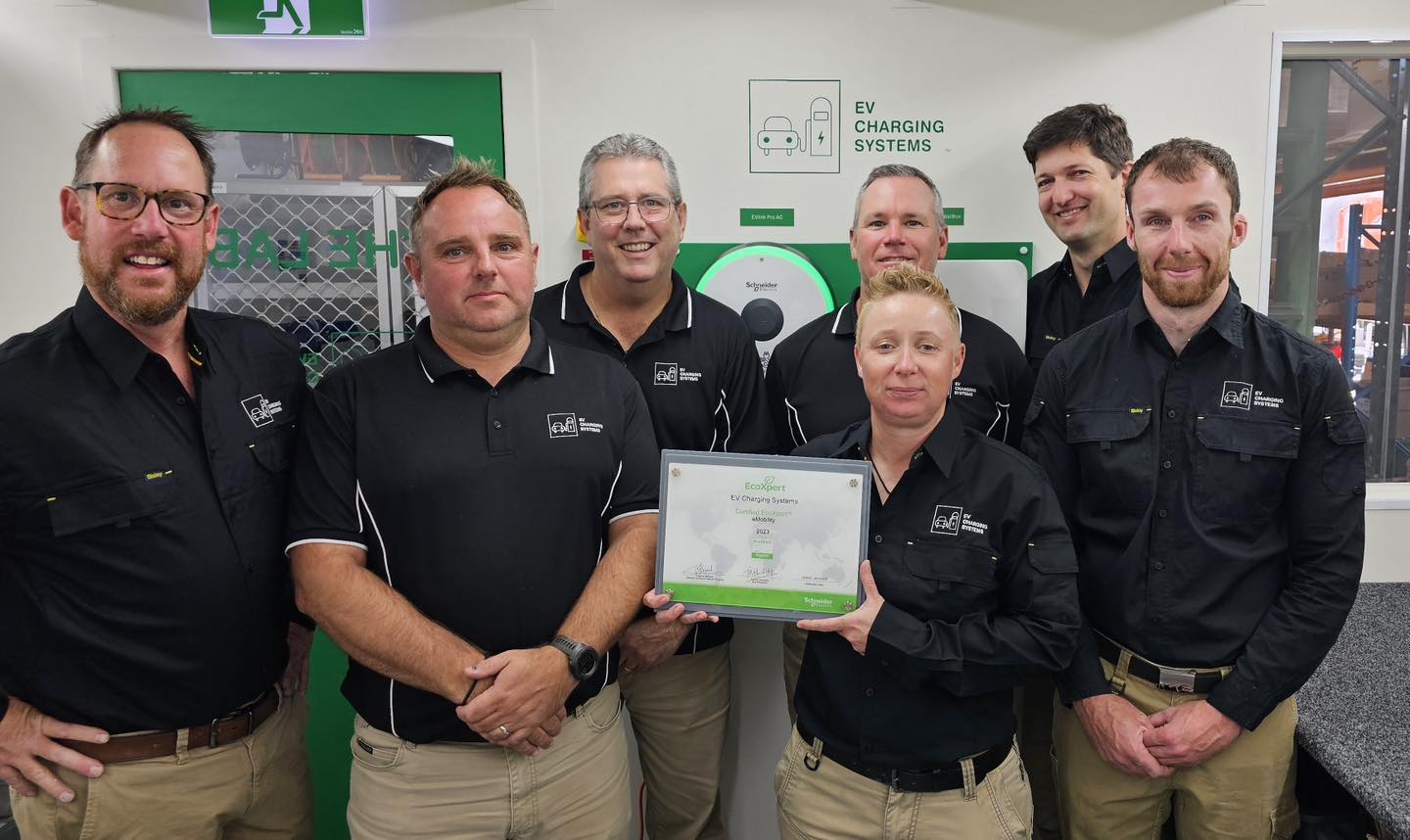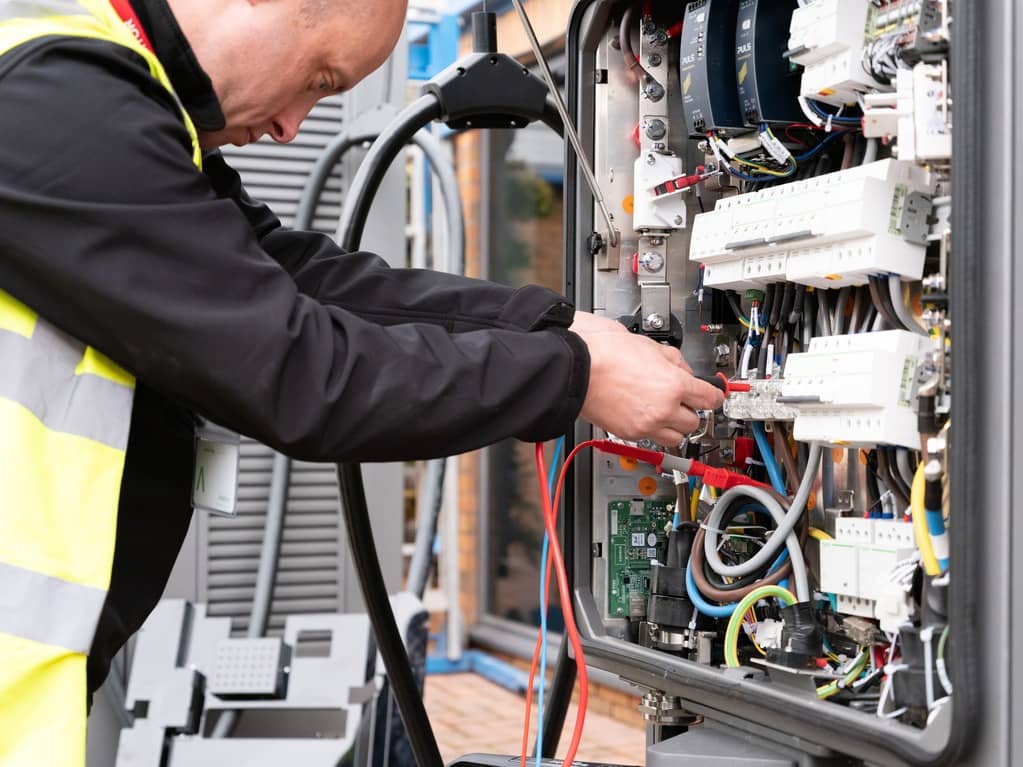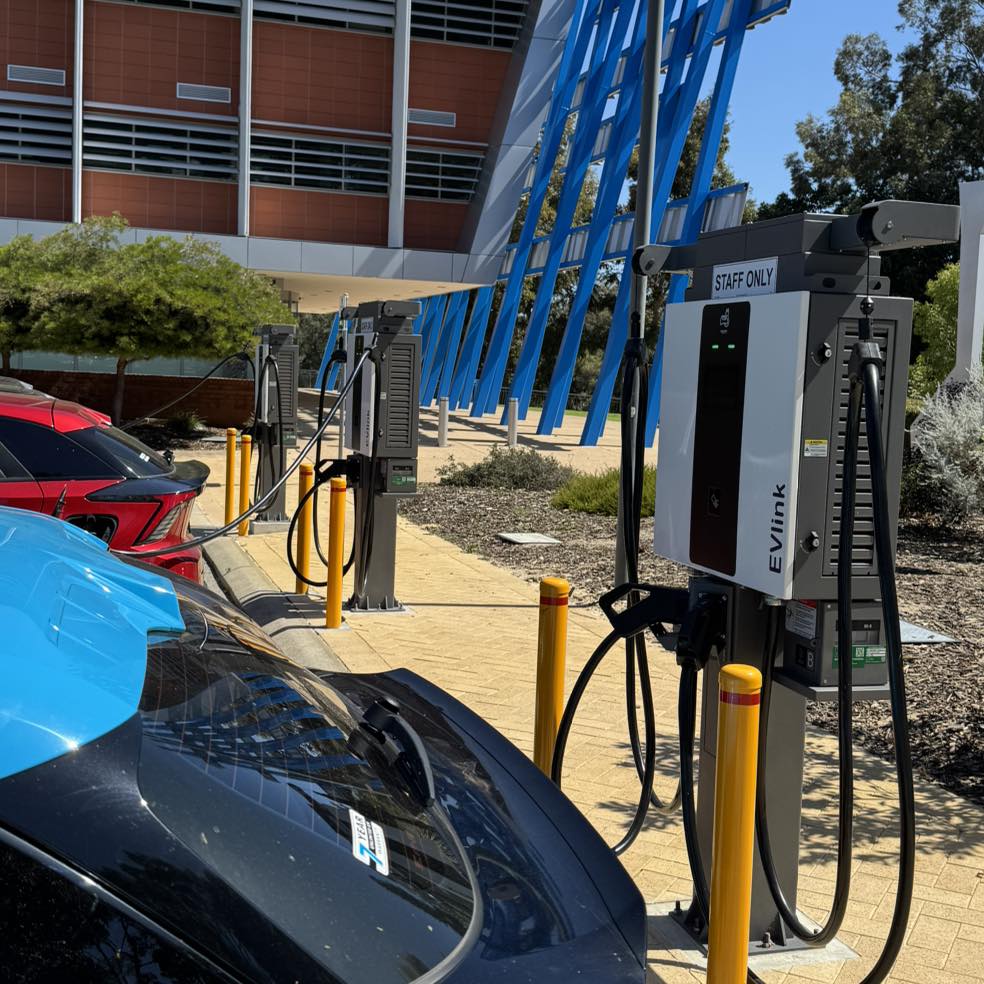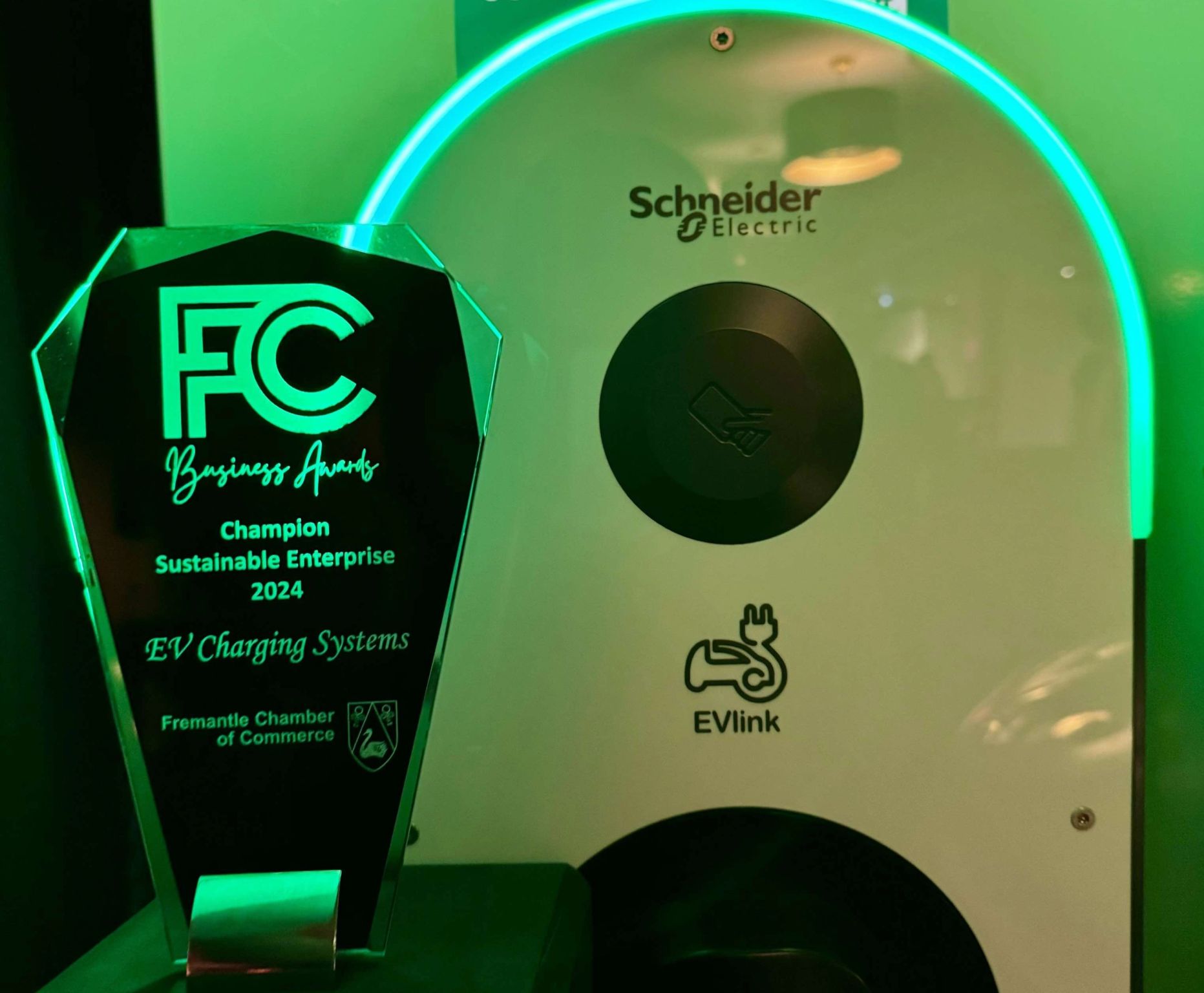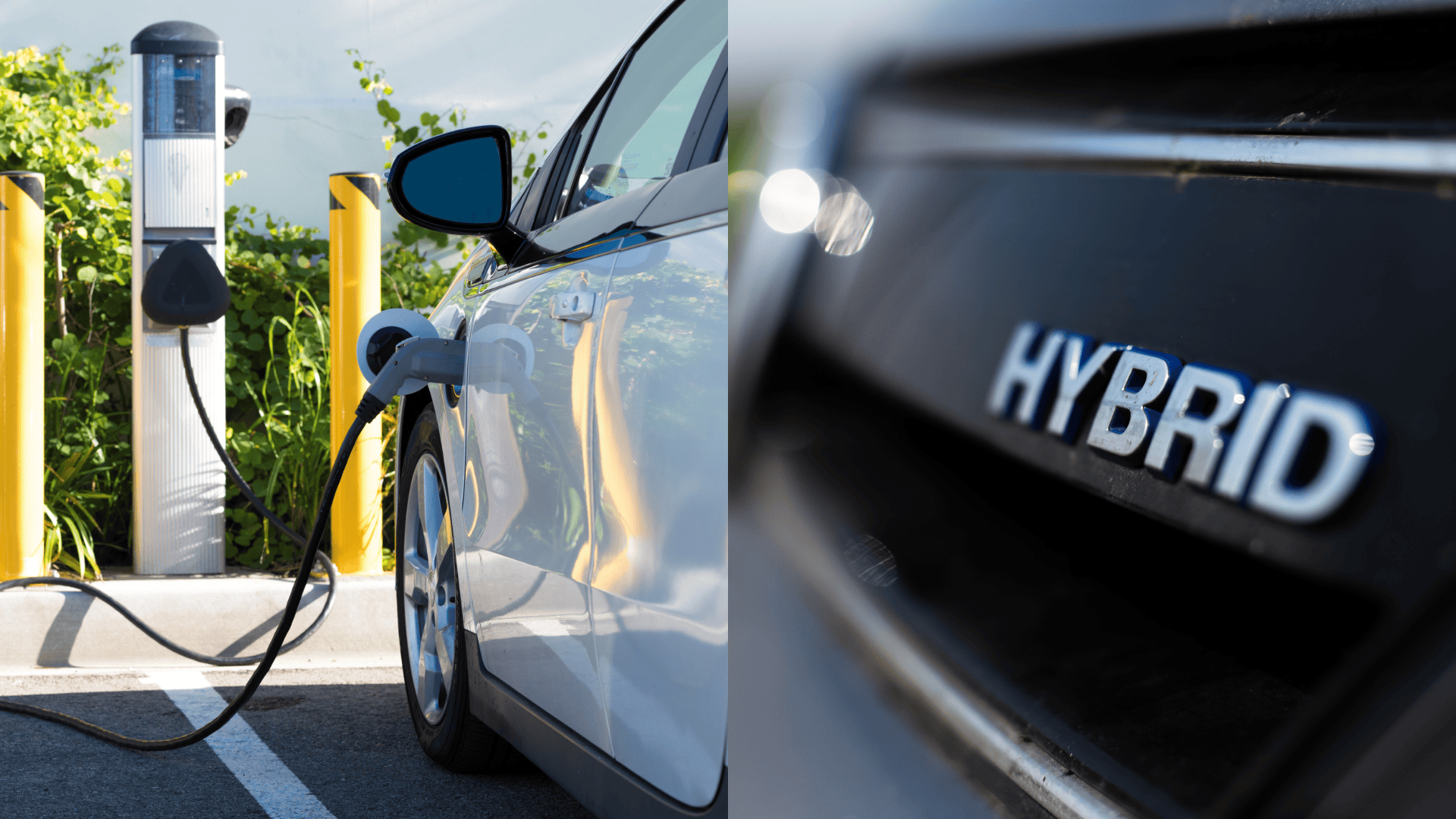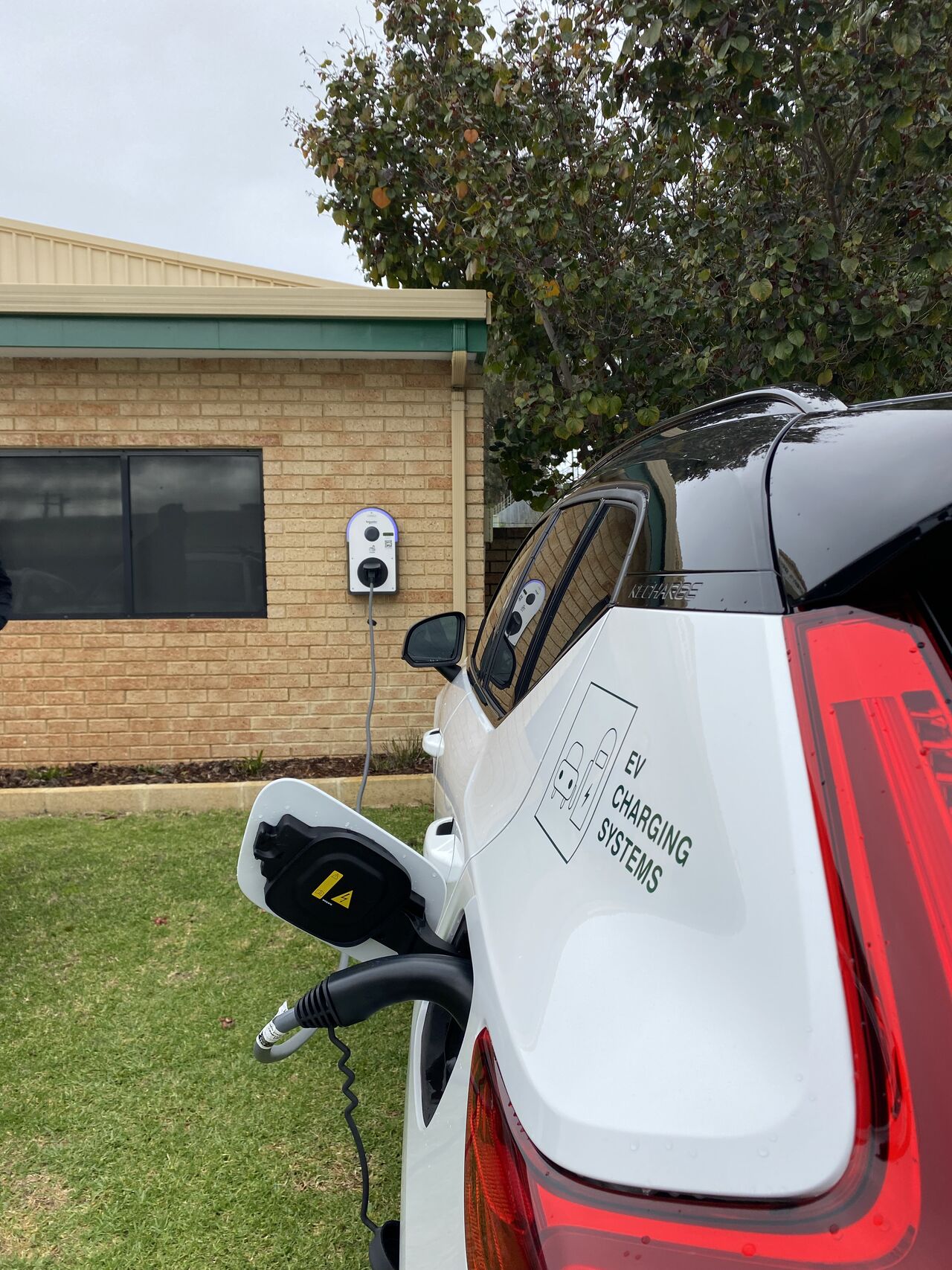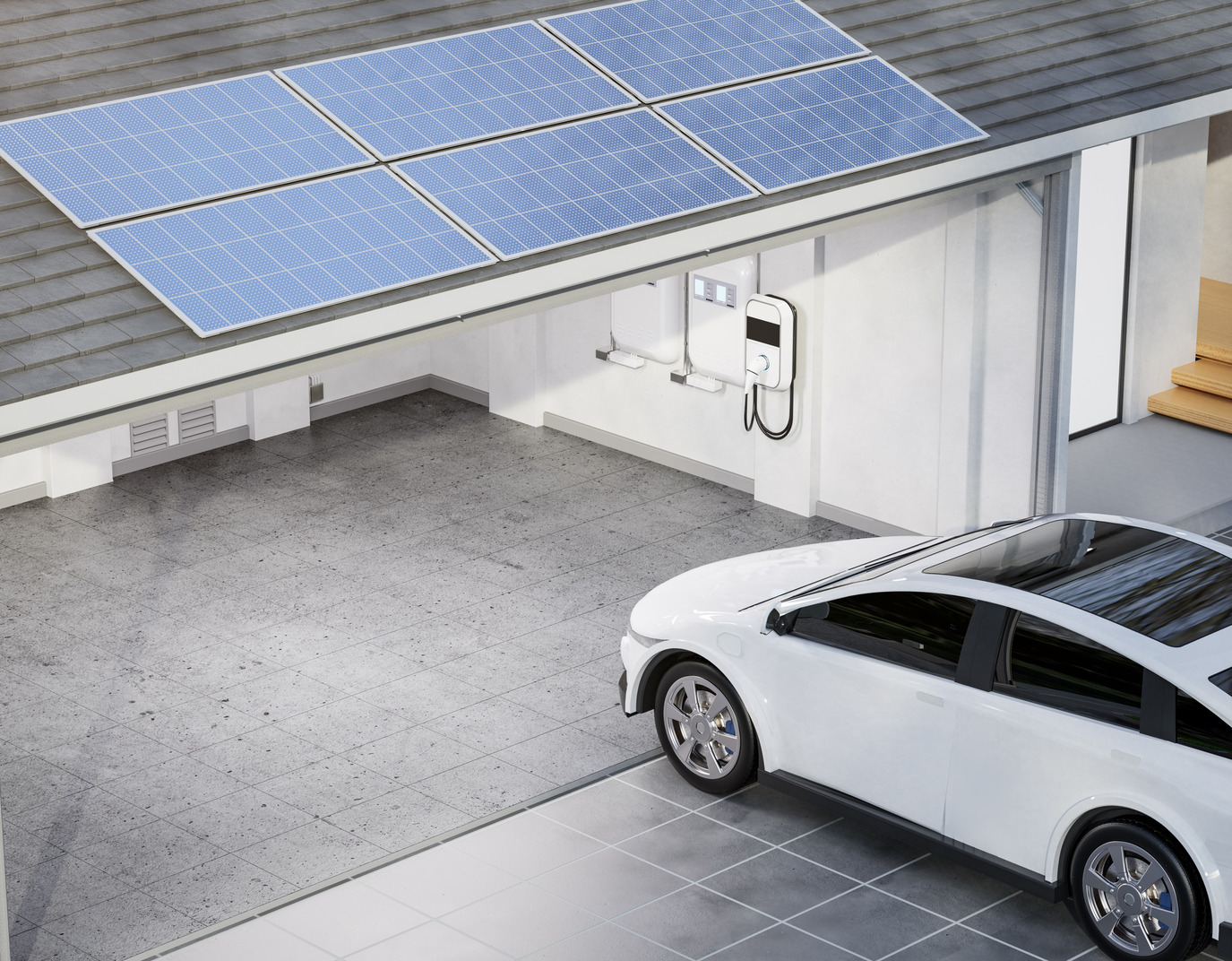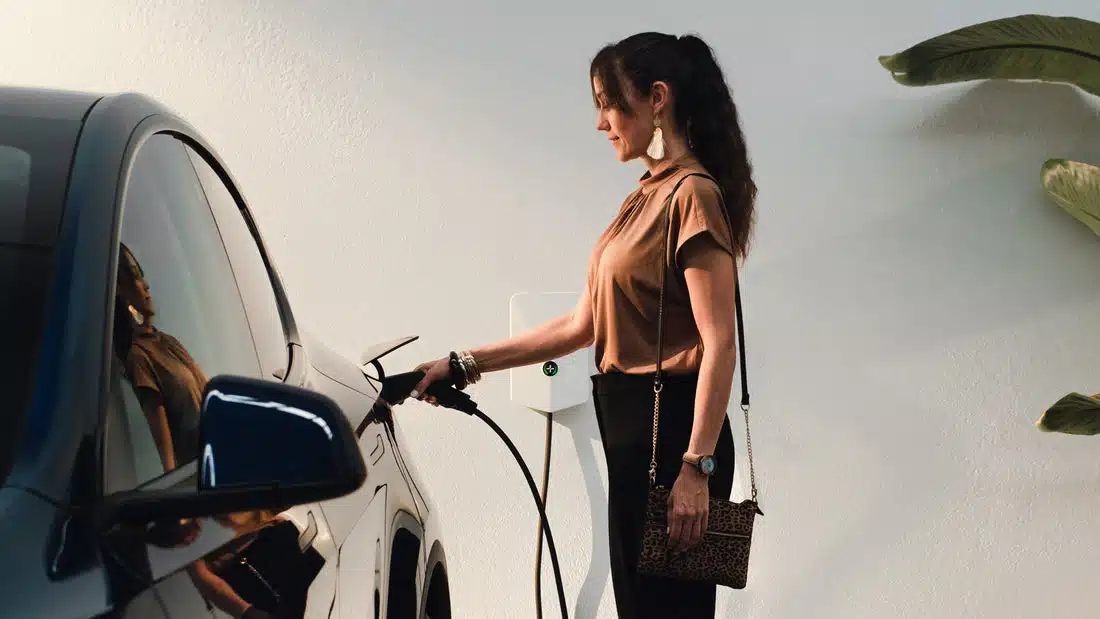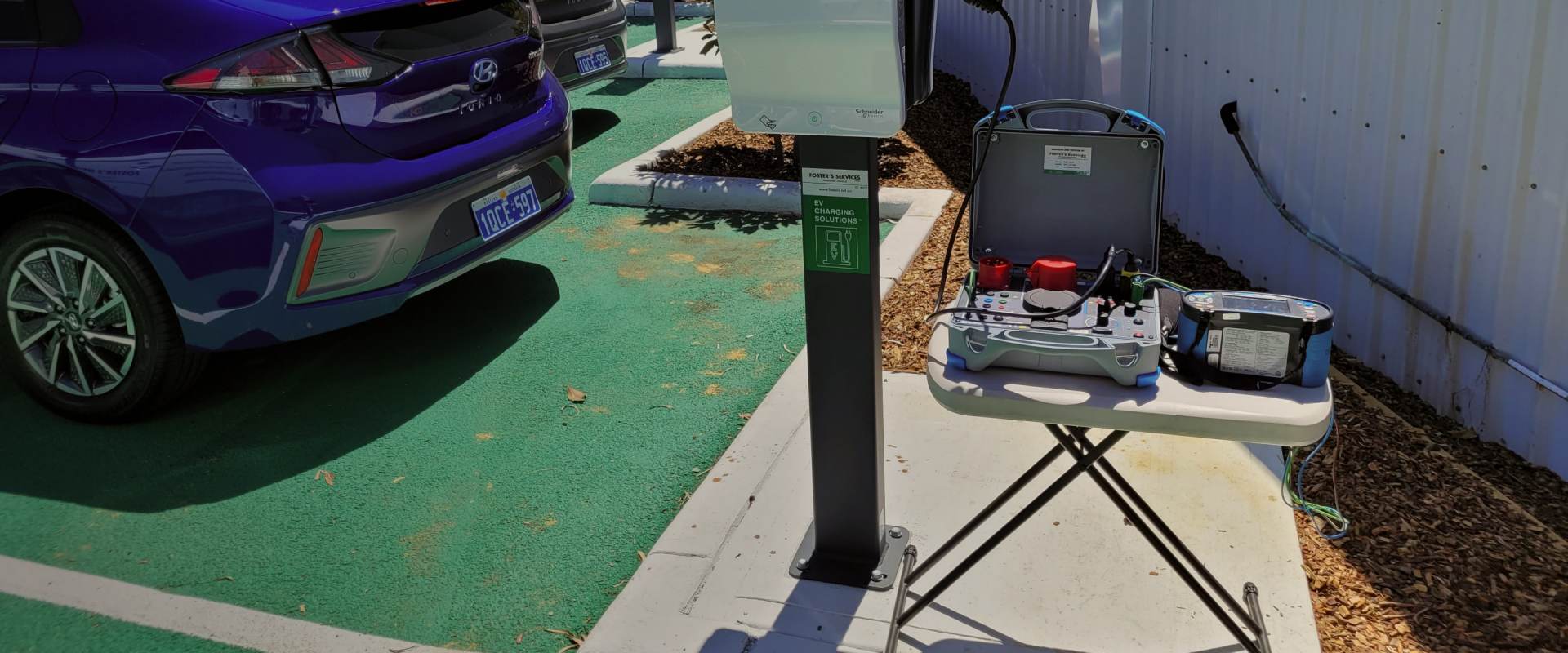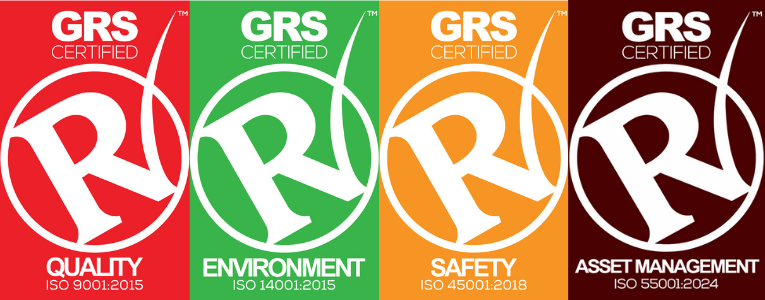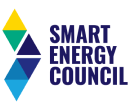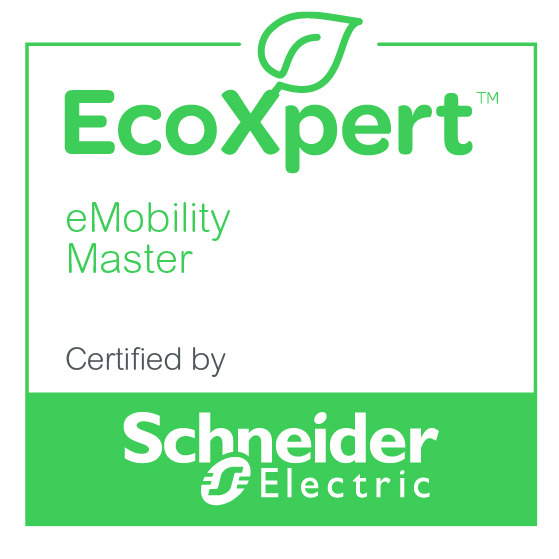EV Charging Blog
Our blog covers everything you need to know about how EV charging works, tips and guides when owning an EV as well as our recent company news.
- Home
- Blog
WA’s new EV label rules start 1 Jan 2026. Learn which electric, hybrid and hydrogen vehicles need tags, how to display them, and fines from 2027.
Discover 7 key electric vehicle innovations in Australia, from bidirectional charging to smarter batteries and EV infrastructure shaping future mobility.
In this blog, we answer what is “turnkey EV charging solutions”, how turnkey differs from regular installs and how it may benefit your business or fleet.
Discover what a Charge Point Operator (CPO) is, how they power EV infrastructure, and how Go Charge simplifies charging network management.
Here, we’ll cover what vehicle to grid charging is, how the technology is progressing, and how it could change the future of energy and EV charging.
Discover if EVs really reduce emissions. Learn how lifecycle impacts compare to petrol cars and why EVs support Australia’s Net Zero goals.
Think EVs are too pricey, slow to charge, or limited in range? Discover the truth as we debunk the 10 most common electric vehicle myths.
Ensure a smooth charging experience for everyone with these 14 essential rules of EV charging etiquette. Learn tips for charging to 80%, unplugging and more.
In this blog, we’ll look at the new ESG reporting regulations and how installing an EV charger can benefit your business.
Learn about EV charger plug types in Australia, including Type 2 and CCS2 plugs, to ensure compatibility with your vehicle and charging station.
Discover how transitioning your fleet to electric vehicles can cut costs, reduce emissions, and boost your brand image. Learn how to get started.
Wondering how to charge your EV at home? Learn the pros, costs, and speed differences between Level 1 and Level 2 home charging setups.
Round 3 of WA’s Charge Up EV Charging Grants is now open—get up to 50% co-funding to install faster EV chargers across Perth and WA.
What is DC fast charging? Learn how it works, how fast it is, and when to use fast charging for your EV in this comprehensive guide.
In this article, we’ll explore what an eMobility EcoXpert is, the benefits of working with one, and how they differ from non-certified installers.
Whether you are looking at State or Government EV charger installation, commercial EV charger installation, or residential EV charging stations, here are the key requirements you need to know.
Whether you are researching an EV purchase or ready to hit the road with your new electric vehicle, here are 10 charging tips for EVs to help get you started.
Here, we’ll cover the benefits of fast DC EV charging stations for businesses and the factors to help determine if it is the right option for your business.
Workplace EV charging can benefit both businesses and employees. Here, we’ll cover the benefits of installing workplace EV charging and how to get started with the process.
For the second consecutive year, EVCS were winners of the Fremantle Chamber of Commerce Business Award for Sustainable Enterprise.
Discover the key differences between EVs vs hybrid vehicles (including plug-in hybrids) in our blog from cost considerations, charging, performance, maintenance and more.
Charging an electric car can take as little as 30 minutes up to 12 to 16 hours or more depending on the model and station. Here, we’ll look at how long it takes EVs to charge and the factors that charge time.
We’ll cover the benefits of home EV charging integrated with solar, how many solar panels you need for EV charging, considerations for solar EV charging, and more about home EV charging in Australia.
In this guide, we’ll cover everything you need to know about preparing your home for EV charging. From permits, the installation process, infrastructure requirements and more.
Here, we’ll look at what load management for EV chargers is, why load management is important, and how to know if you need load management for your EV charger.
Two types of electricity can be used to charge electric vehicles: alternating current (AC) and direct current (DC). But what is the difference between AC and DC EV chargers?
There are many benefits of electric vehicles, but they do require extra planning when it comes to road trips. Here are important tips and considerations when planning an electric vehicle road trip.
